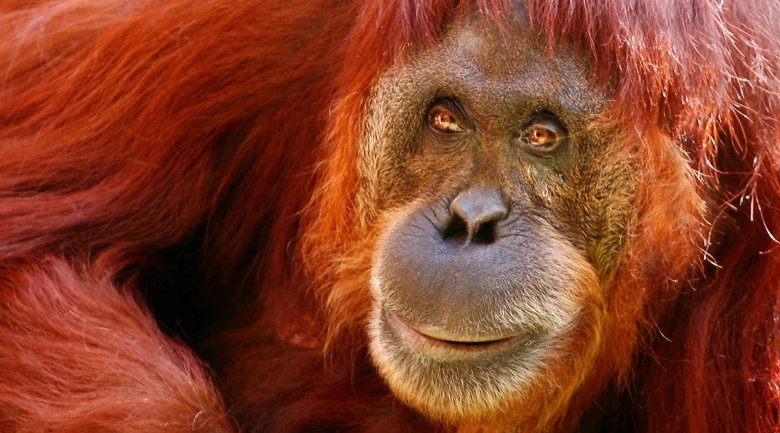
With new insights into the classical game theory match-up known as the “Prisoner’s Dilemma,” University of Pennsylvania biologists offer a mathematically based explanation for why cooperation and generosity have evolved in nature.
Their work builds upon the seminal findings of economist John Nash, who advanced the field of game theory in the 1950s, as well as those of computational biologist William Press and physicist-mathematician Freeman Dyson, who last year identified a new class of strategies for succeeding in the Prisoner’s Dilemma.
Postdoctoral researcher Alexander J. Stewart and associate professor Joshua B. Plotkin, both of Penn’s Department of Biology in the School of Arts and Sciences, examined the outcome of the Prisoner’s Dilemma as played repeatedly by a large, evolving population of players. While other researchers have previously suggested that cooperative strategies can be successful in such a scenario, Stewart and Plotkin offer mathematical proof that the only strategies that succeed in the long term are generous ones. They report their findings in PNAS the week of Sept. 2
“Ever since Darwin,” Plotkin said, “biologists have been puzzled about why there is so much apparent cooperation, and even flat-out generosity and altruism, in nature. The literature on game theory has worked to explain why generosity arises. Our paper provides such an explanation for why we see so much generosity in front of us.”
“Last year William Press and I proposed the ‘extortion strategy’ in the game of Prisoner’s Dilemma, enabling one player to maintain a dominant position over the other,” said Dyson, who is retired as a professor of physics at the Institute for Advanced Studies in Princeton, N.J. “One year later, Stewart and Plotkin turned our strategy upside down and showed that it enables one player to coax the other gently toward collaboration. They understood our strategy better than we did. They reached by rigorous mathematics the happy conclusion that, in a game between ruthless antagonists, generosity wins.”
